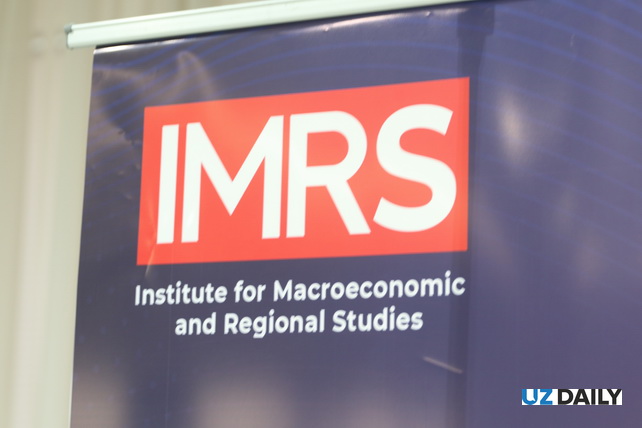
NEER and REER Indices: How They Influence Uzbekistan’s Foreign Trade
NEER and REER Indices: How They Influence Uzbekistan’s Foreign Trade
Tashkent, Uzbekistan (UzDaily.com) — Experts from the Institute for Macroeconomic and Regional Studies under the Cabinet of Ministers of the Republic of Uzbekistan have calculated the values of the Nominal Effective Exchange Rate (NEER) and the Real Effective Exchange Rate (REER) for January to April 2025.
Background: The NEER and REER indices were calculated based on trade with 20 partner countries, which accounted for 83% of Uzbekistan’s total foreign trade turnover in 2024. January 2019 was used as the base period.
During the first four months of 2025, the REER index showed a decline. As of April 2025, it had dropped by 6.2 points compared to December 2024 — from 111.4 to 105.2. This was primarily due to the exchange rate component, which contributed -6.3 points, while the inflation differential contributed a slight increase of +0.1 points.
The NEER index also fell over the same period, decreasing by 5.4 points — from 94.1 to 88.7.
Note: A decline in the REER, all else being equal, can lead to Uzbek exports becoming cheaper and imports more expensive. This dynamic affects the international competitiveness of domestic goods.
Key factors contributing to the REER decrease from January to April 2025 include:
– Depreciation of the Uzbek sum against the US dollar;
– Strengthening of the Russian ruble and Kazakh tenge;
– A slower depreciation of the Chinese yuan compared to the Uzbek sum.
Reference: In April 2025, the nominal exchange rate of the Uzbek sum to the US dollar weakened by 0.5% compared to December 2024. Over the same period, the Russian ruble appreciated by 20%, the Kazakh tenge by 1.1%, while the Chinese yuan depreciated by just 0.1%.
As a result, the exchange rate factor had a -6.3 point impact on the REER.
In addition, price dynamics in Uzbekistan versus its major trading partners and divergent macroeconomic trends in 2024 had a moderately positive effect on the REER index.
Inflation snapshot for April 2025:
– Uzbekistan: 0.7%
– Russia: 0.4%
– Kazakhstan: 1.2%
– China: 0.1%
The inflation differential contributed +0.1 points to the REER index.